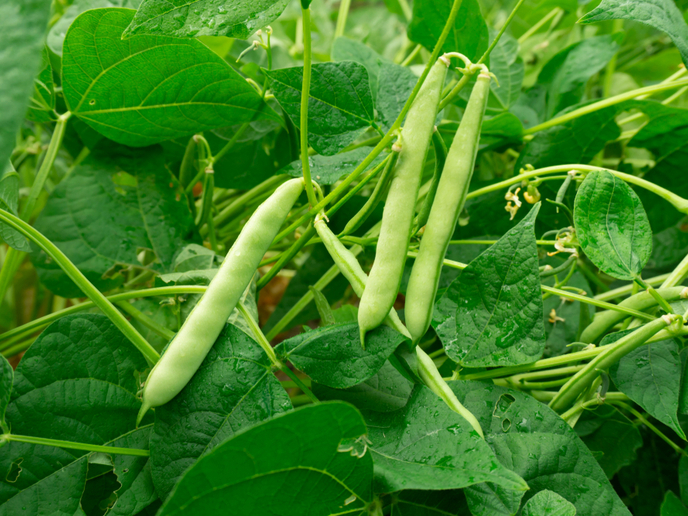Traditional cereal improves quality of life
Fonio (Digitaria exilis) is an important source of nutrition for several million people during the early growing season, when the main crop is still immature and alternative food resources are scarce. Therefore, fonio consumption plays an important role in providing food security when other cereals are not available, as in the case of a failed harvest. However, scientific research into this tasty and nutritious crop has been limited. The goal of the EU-funded 'Upgrading quality and competitiveness of fonio for improved livelihoods in West Africa' (Fonio) project was to enhance the quality and competitiveness of the cereal through improved production and technology and by developing both the local and export markets. The initiative involved interdisciplinary research teams from three European and four West African countries with experience in food technology, nutrition, process engineering, social sciences and agronomy. Project partners worked closely with stakeholders, including producers, women's groups and small enterprises. Scientists focused on determining the biochemical composition of fonio and its technological, cooking and nutritional properties. Researchers strived to improve the quality of the cereal and to develop new products in order to improve regional trade and boost export trade in fonio. The commodity chain was also addressed at all levels, including varieties grown, suitable farming systems and the use of post-harvest mechanisation. This enabled fonio to become a source of production diversification and higher incomes for local farmers and processors. The Fonio project has helped to improve the quality of life for people in West Africa thanks to improving the quality of the cereal and improving its competitiveness.







